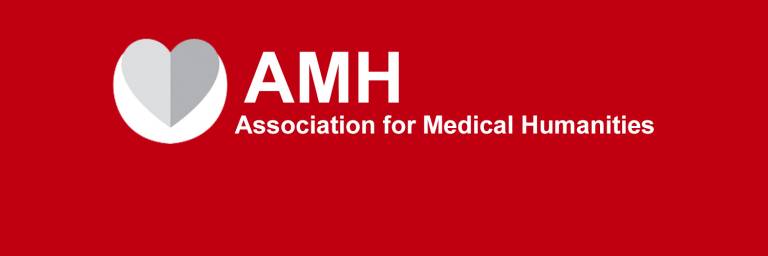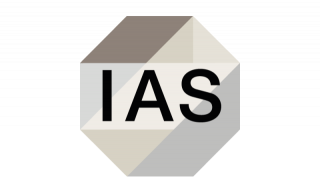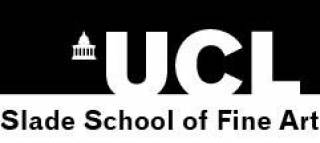Following the death of Her Majesty Queen Elizabeth II, we had to reschedule this conference. We are delighted to announce the new dates and a new call for abstracts.
Fevers, Frets, and Futures: uncertainty and new ecologies for post-Covid healthcare
Association for Medical Humanities Annual International Conference, in collaboration with the IAS, UCL
4th – 7th July 2023
Submissions closed on Tuesday 11th April 2023
Submissions by email to: conference@amh.ac.uk
For the full submission guidelines see the Deadlines and Guidelines page.
The last two and a half years have exposed points of encounter between existing anxieties about climate change and environmental collapse and new crises of health and well-being in the face of the Covid pandemic. These two global concerns about the sustainability of human life have revealed ethical, political and cultural fractures and challenges, not least because of their differential impact on countries, peoples, and communities. Sustainability has different meanings in different fields. In medicine and healthcare, for instance, it is complex and multi-faceted. As a discipline, medicine has internalised its own meanings and perspectives on sustainability that would benefit from updating. By its very nature, sustainability is a relatively recent, fluid interdisciplinary field, of increasing complexity and responsive to change, with new policy developments, such as UNESCO 17 Sustainable Development Goals.
At the centre of current biopolitical concerns sits a fundamentally epistemological question, about how knowledge is formed, organised, and interrelated. It has become clear that although STEM subjects such as Science, Technology, Medicine and Healthcare were crucial to creating vaccines and other safety measures, it is SHAPE subjects such as the Arts, Humanities and Social Sciences that can explain why and how populations would welcome or refuse these. The latter offer alternative methodological approaches which foreground open questions and critical thinking, allowing a toleration of ambiguity and uncertainty rather foreclosing (possible) solutions to complex problems. In this way they are able to address sustainability in a way that the sciences on their own cannot. It is by bringing these communities of practice together that we can hope to solve the major health and climate challenges facing us.
At the heart of this moment of crisis lies a set of ecological concerns: what does the future look like in complex personal or environmental conditions? How does this change our thinking about immunity, longevity and the limits of healthcare, especially given stark contrasts between the global north and south? Importantly, as clinicians, patients, and humans whose vital dependence on nonhuman life forms has suddenly been made starkly visible, what are the lessons we can learn from the frets and fevers of a global pandemic, to think and create new futures and a new sustainability in our work, our lives, and the environments on which, we now know, they precariously depend? Further to this is the added complexity of how countries and communities form part of our wider environment, when that environment is under threat.
What new transdisciplinarity is required, to make sure that if we fire-fight in one area of practice or learning, we are not simultaneously causing a fire elsewhere? How do we, as clinicians, patients, academics and artists, understand our knowledges as inevitably interrelated, impacting on each other whether we intend them to or not, forming an implicit cultural order no matter how we fragment them into disciplines or funding streams?
Bringing together both global and local perspectives on practice, in a community of trust, this conference welcomes submissions, including creative and participatory interventions on the themes of, but not limited to:
- ‘Fevers and frets’, personal and professional experiences of surviving and coming to terms with the Covid-19 pandemic
- Climate emergency and responses to the global crisis
- The intersections between medical/health humanities and environmental crisis
- The organisation of knowledge into distinct disciplinary silos such as SHAPE/STEM/STEAM
- Role of the arts in responding to the health/climate emergency
- The evolution of academic research and teaching in ways that recover advocacy and activism as core missions
- Managing uncertainty and sustainability in health and healthcare systems
- Exploring the personal and the political: rights and responsibilities, and their Implications for marginalised communities and democratic citizenship
- Sustaining the therapeutic/clinical relationship in a time of crisis within mental health services
- Embedding sustainability in medical education, in curricula and practice
Guidelines for submissions can be found on the 'Deadlines and Guidelines' webpage, however for scientific abstracts (only) please follow the conventional format: Title, Background, Aims, Method, Results, and Conclusion. Conflict of Interest: Authors must declare any financial support received or any conflict of interests on their abstract.
 Close
Close





